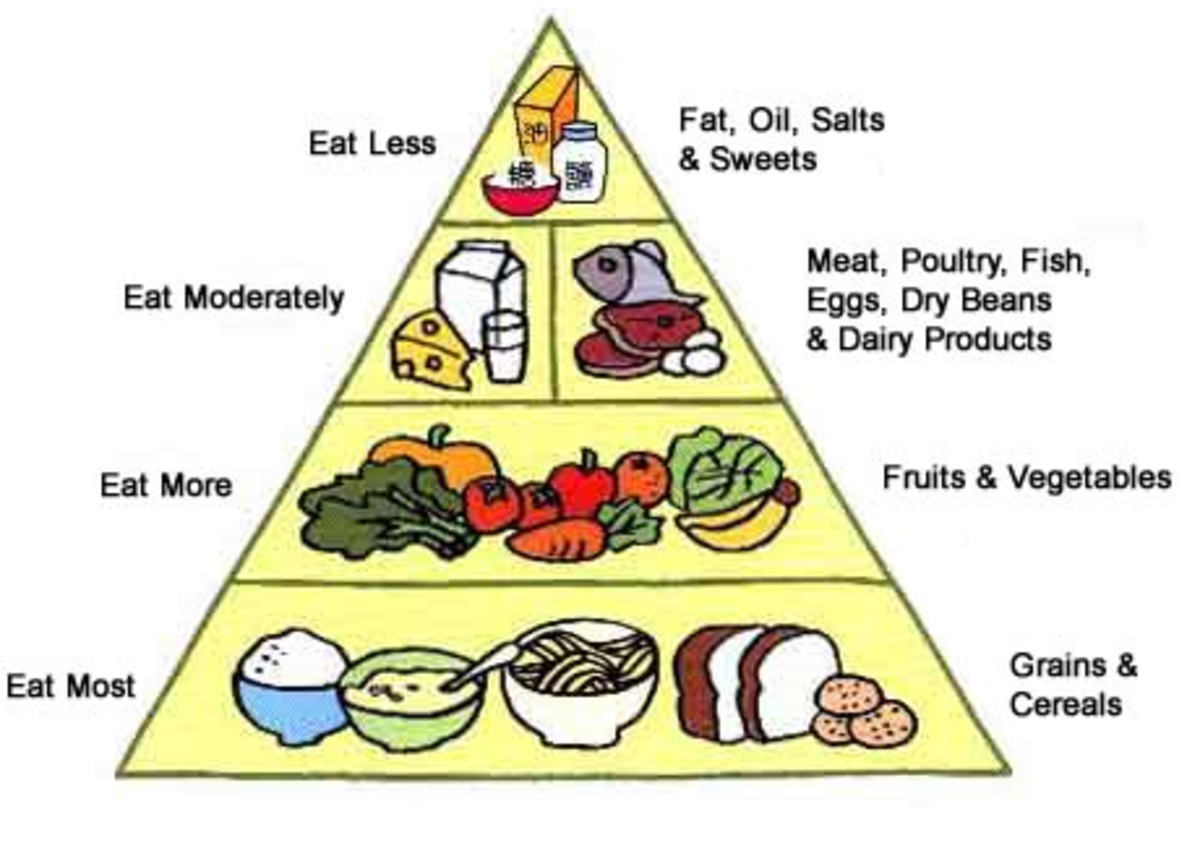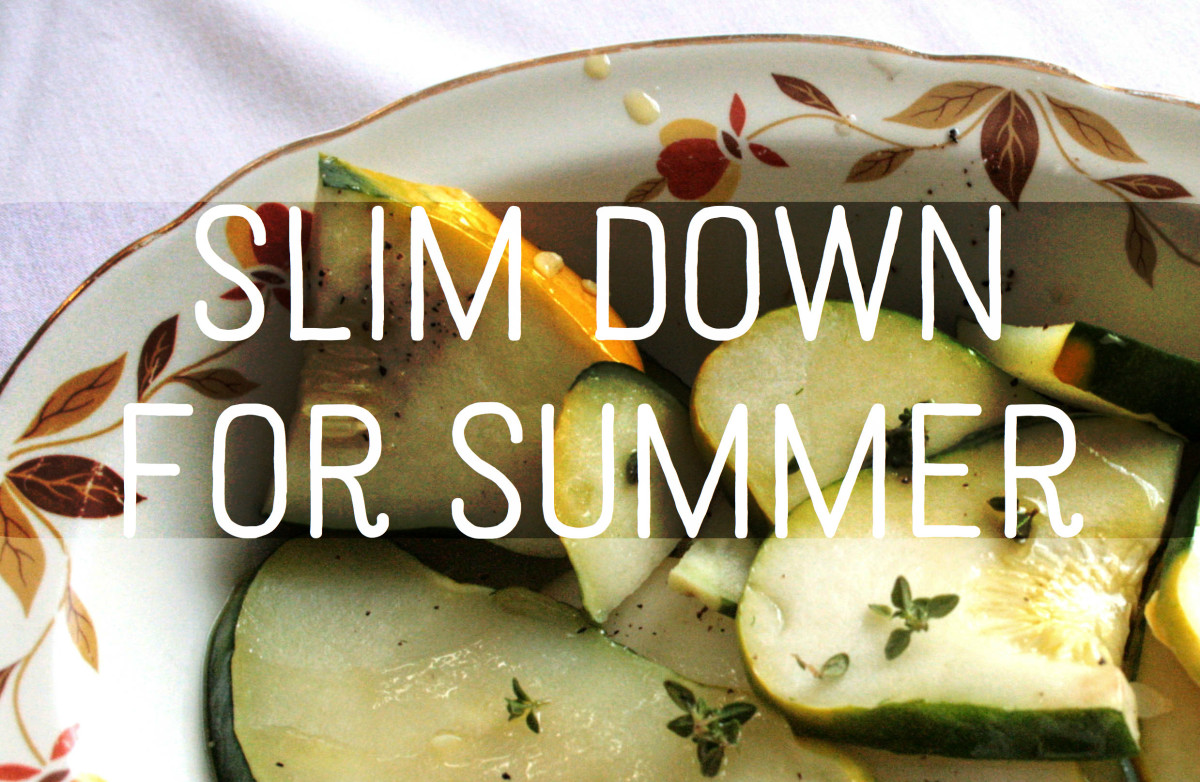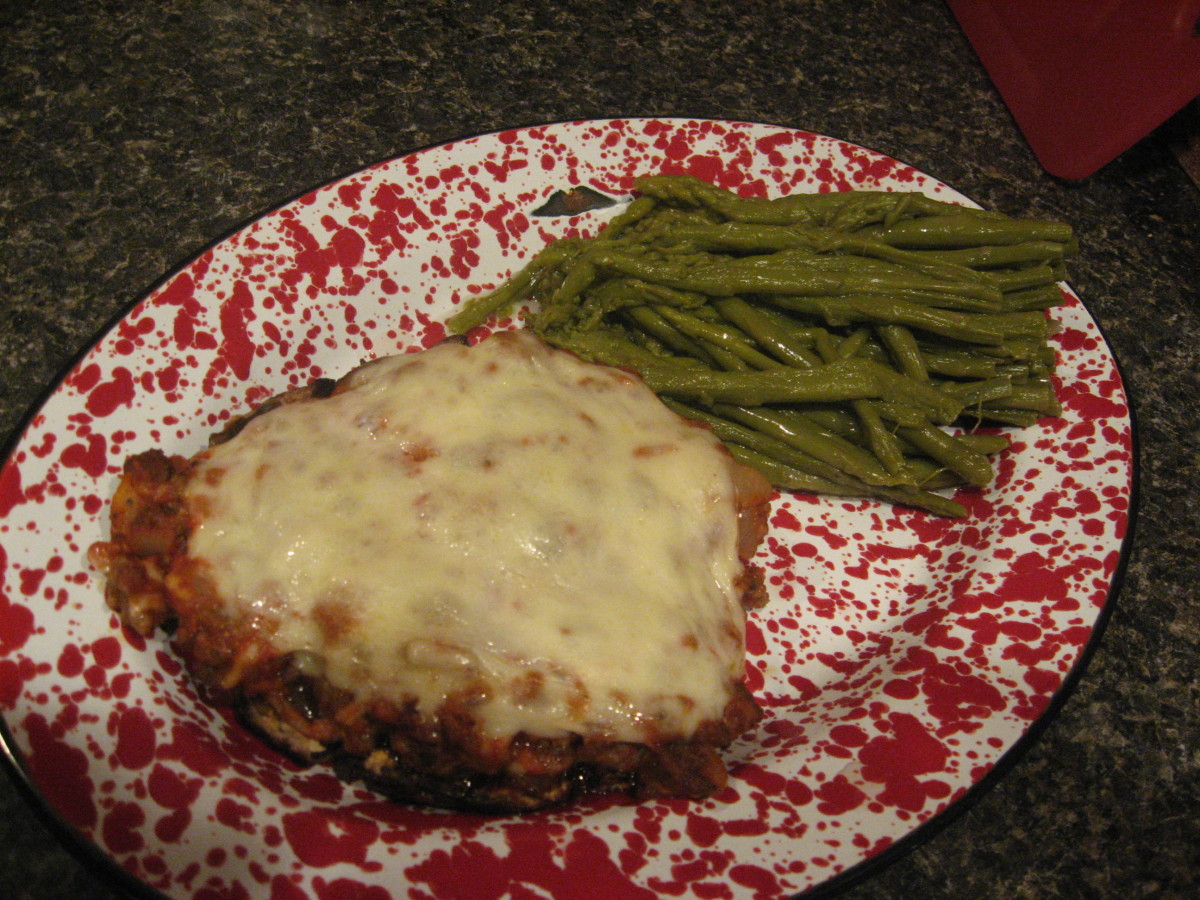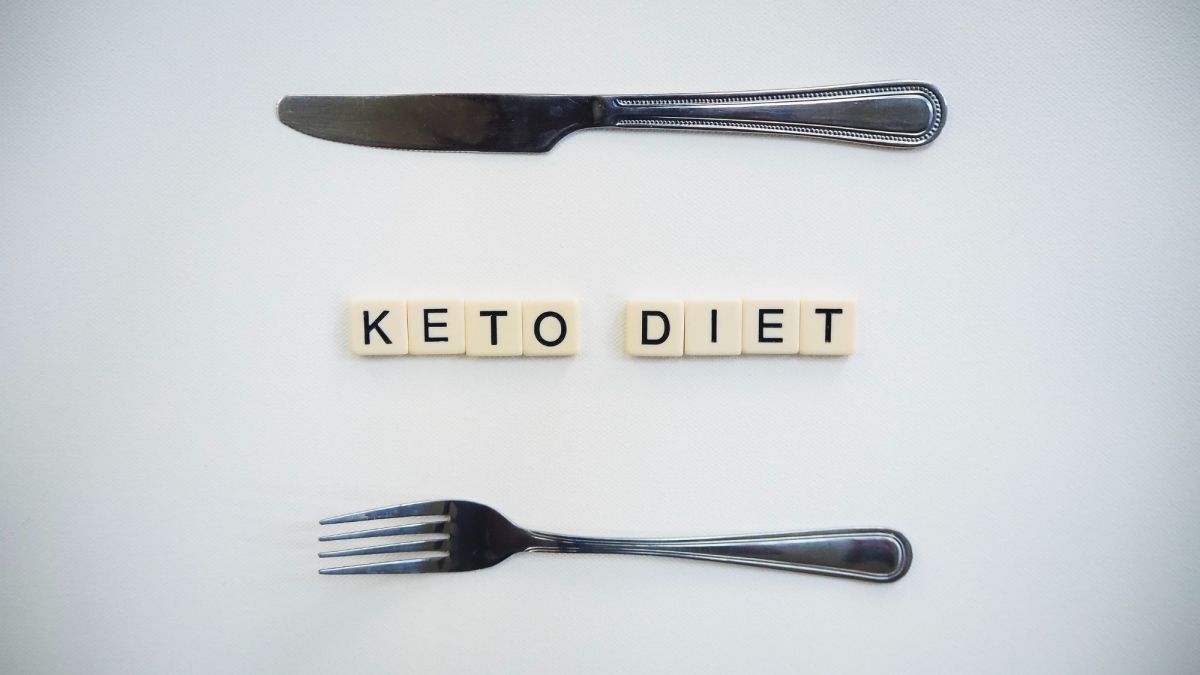Cut the Sugar, Lose the Fat
Eliminate sugar once and for all

My Own Low Carb Journey
There are a wide variety of low carb diets to choose from. If you read current research, there are many compelling reasons to reduce the amount of carbohydrates in your diet. Too much sugar leads to a litany of health problems, including being overweight, hypertension, headaches, high blood pressure, diabetes, joint pain, heart problems, and water retention. These are some of the symptoms you may experience if there is too much sugar in your diet.
Years ago, after having eight children, and trying many different diets in an attempt to lose those pounds that wouldn't budge, I came across The South Beach Diet. I heard Dr. Arthur Agatston speaking on a morning radio talk show. I was intrigued by his research into heart health and diabetes. His discovery regarding carbohydrates and weight loss intrigued me. Desperate to try anything, I bought his book, hoping it would inspire me to lose weight.
Besides being overweight, I also suffered from chronic joint pain in my hands and knees, headaches, and water retention. These problems had plagued me for years, and I thought it was my destiny to feel achy and tired all the time. I hoped that changing my diet would help me feel healthier, and according to Dr. Agatston, reducing carbohydrates would help all of those things.
Dr. Arthur Agatston, the author of The South Beach Diet has an impressive list of credentials. He was involved with trying to reduce blood pressure and diabetes in his patients. Weight loss was not the intended result of his diet discovery. Although he was trying to resolve blood sugar issues, he ultimately discovered a way for some people to lose weight and be healthier overall.
What the good doctor discovered was that when you reduce the amount of sugar you ingest, your insulin levels stabilize. This stabilization leads to a multitude of health benefits, including burning more fat and being better able to digest and metabolize the protein and fat in your diet.
Reducing sugar
Although I was excited to lose weight, I had some concerns about reducing my carbohydrate intake. Somewhat reluctantly, I began the diet. The first phase was the hardest. Gone pasta. Gone bread. Gone cookies. Gone fruit. This difficult phase was scheduled to last two weeks. At first, I didn't think I could eliminate those calorie dense foods from my diet. They were a staple to most of our family meals, and I didn't see how I could possibly resist spaghetti while watching my children enjoying it.
A strange thing happened during phase one. Although I did miss pasta at first, I found that the vegetables and lean protein I replaced them with more than filled me up. And I lost weight. Two weeks without processed, sugar laden products and I was ten pounds lighter. Running faster, feeling better, no longer bloated. And my joints stopped aching. That, for me, was an unexpected blessing.
After the first two weeks, I reintroduced fruit. The sweet was just sweet enough, and I didn't really miss the other carbs that were no longer in my diet. Fruit provides enough sugar to help cut cravings, without totally derailing your weight loss efforts.
The easiest way to remove sugar from your diet is to begin with the obvious culprits. Cut out sugar by eliminating soda, cookies, cake, candy. All those processed foods and drinks are wrecking havoc on your body, and are not adding any nutritional value to your diet. If you aren't ready to commit to eliminating everything all at once, begin with the obviously processed foods. White flour, sugar, and corn syrup are easy to spot in processed baked goods, and you can begin eliminating them slowly. You don't have to do it all at once. Try it for today. And then get through the next day, and then the next. You don't have to make a drastic change immediately, to see results. Begin slowly, and make gradual changes. As those changes become more standard, you can add more changes. Of course, this is not the prescribed method of The South Beach Diet.
If you adhere strictly to the terms of the book, you will follow the diet in the book, you will be asked to stick to a strict diet and a rigid timeline. If you find, however, that those changes are too drastic and difficult to follow, then I personally suggest making small, gradual changes to your diet.
The Keto Diet
A ketogenic diet, similar to the Atkins or South Beach diet, is another low-carb option. The keto diet has helped many people lose weight by decreasing their carbohydrate intake and increasing their consumption of protein and fat.
Essentially, a ketogenic diet reduces simple carbs, such as bread, pasta, pastries and soda. Once your body burns all the carbohydrates for fuel, you hit a stage called ketosis, in which the body breaks down fats and proteins.
It takes about four days for the body to eliminate stored carbs, before you experience the fat and protein burning effects of ketosis.
In general, people see the most weight loss in the first three to six months, as the body burns stored fat for energy. This high protein, high fat diet is also filling and satisfying, making it easier for some people to stay on it.
Some research shows that a keto diet can help reduce bad cholesterol in the body, as well as improving acne conditions for some people. Some people with diabetes have also reported improved health.
During the first few days of a keto diet, you might experience the "keto flu." As a result of drastically reduced carbohydrate intake, you might experience headache, weakness, irritability, bad-breath and fatigue. Other side effects of the keto diet include constipation, low blood-sugar and indigestion.
Slow and easy
You don't have to change your entire diet overnight, although if you do, you will lose weight faster. The most important thing to do is begin to eat better today. Just for today, eliminate soda. Drink more water.
Continue that trend tomorrow, making good choices throughout the day. Removing processed foods and foods with a lot of added sugar will help you feel immensely better. You don't have to be afraid that you won't be able to maintain the diet. Just get through one meal. One moment.
In the next moment, you can choose again to be healthy. And then at the next meal, you can choose to make healthy decisions. Each moment offers you a chance to be healthy and to make good choices.
Once you begin feeling better, it will be easier to make those good choices. Now, many years later, I still eat much the same way as when I discovered The South Beach Diet. I try to limit sugar. I avoid processed foods. I eat whole wheat grains and lots and lots of veggies. I have modified my diet a bit over the last few years, and now eat mostly whole grains, fruits and vegetables.
Of course, I enjoy birthday cake at birthdays, but I usually only eat a few bites. You don't have to eat the entire cake to enjoy the flavor. Savor the first bite, and then take one or two more bites, just to remember how much you like it. After that, you'll likely begin to feel full and bogged down. Limit the amount of sweets and added sugar, and you will find yourself losing weight, slowly but surely.
Although I will never be a skinny mini, I am happy with my body, and can rest assured that my high blood sugar and elevated blood pressure are but distant memories. My joints no longer ache every morning and my headaches are long gone.
This content is accurate and true to the best of the author’s knowledge and is not meant to substitute for formal and individualized advice from a qualified professional.
© 2010 Deborah Demander








